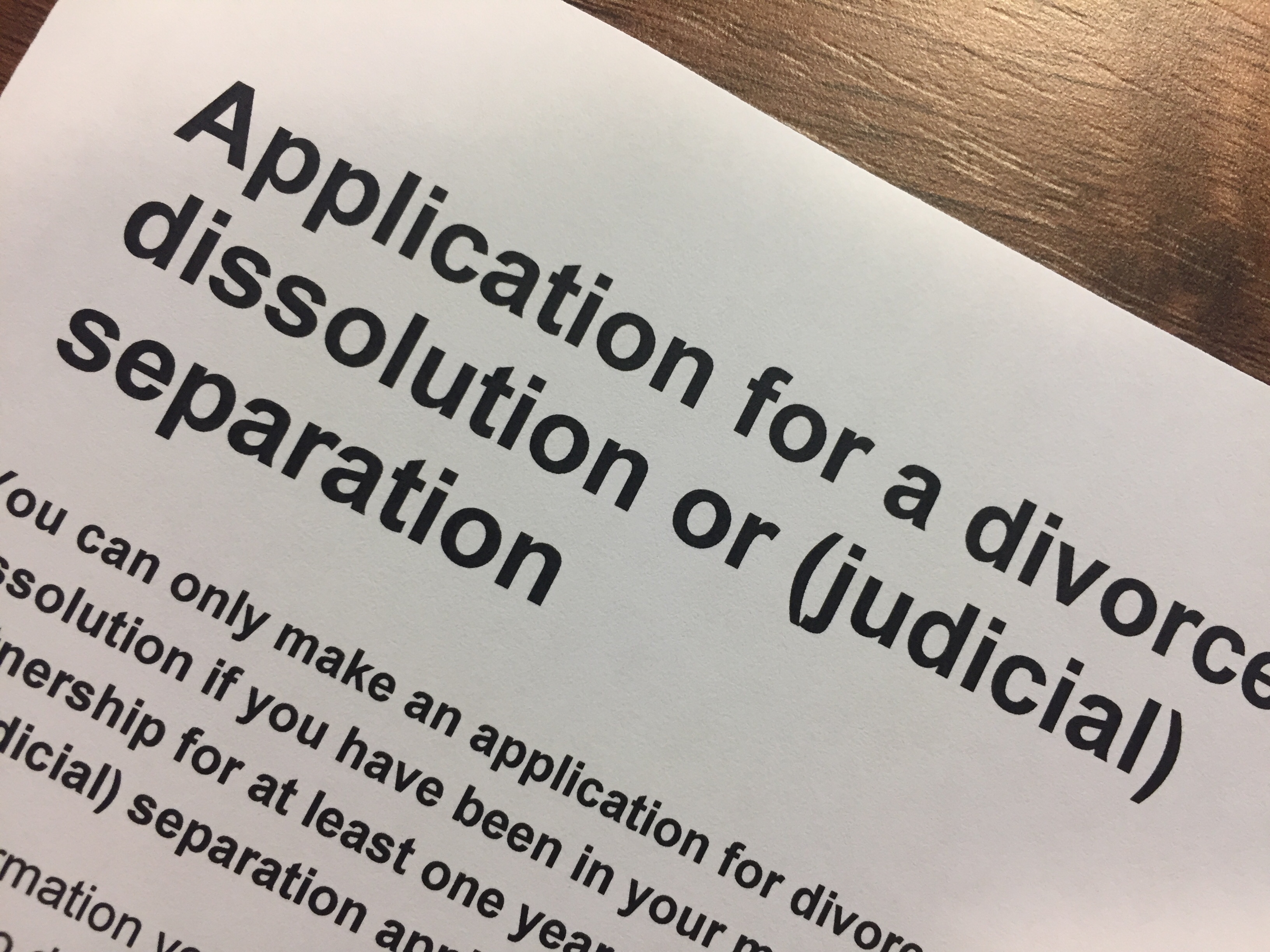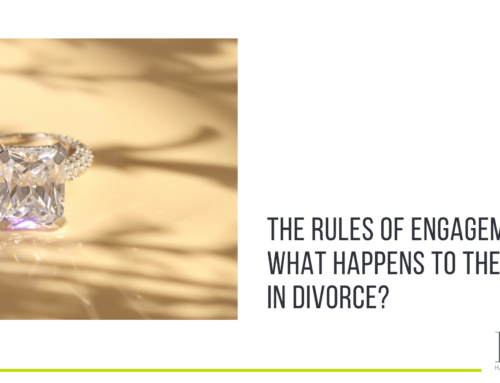There is a growing consensus among many family law specialists that couples should be allowed to divorce without having to apportion blame to one party.
Under the current law enacted in 1973, unless couples have been separated for two years, it’s necessary under the current system to cite unreasonable behaviour or adultery for the marital breakdown.
But what are the options for couples who find themselves in a position where they agree marriage has come to an end and neither is more to blame than the other?
This is one of the reasons why momentum is growing for a ‘no fault’ divorce law to be introduced in the UK.
Why introduce ‘no fault’ divorce?
Family law body, Resolution, is currently campaigning for the current system to be changed. They say it’s time to end the ‘blame game’ because, for one thing, it makes it harder for couples to separate amicably.
Couples often end up having to cite unreasonable behaviour which can have a negative impact on the relationship; it can make reaching an agreement about the future arrangements more difficult and emotional, particularly when children are involved.
It’s widely believed a ‘no fault’ divorce option would allow couples to separate on better terms by reducing conflict, stress and the likelihood of ending up in the courts over the child and financial arrangements.
Allowing one or both spouses the option to give notice the marriage has irretrievably broken down and introducing a six-month cooling off period would help couples to reach a more considered and amicable settlement.
Resolution sums it up: “Removing blame from divorce will not make it more likely that people will separate. It will simply make it easier for people to manage their separation with as little conflict and stress as possible and reduce the likelihood that they will end up in court.”
What are the objections?
Some people object to the proposal on grounds it will make divorce easier leading to an increase in numbers and undermine the sanctity of marriage.
In many countries including America, Australia, the Netherlands and Spain, it is already possible to obtain a divorce without apportioning blame. Scotland introduced no fault divorce in 2006. At first, the divorce rate increased but then it continued to fall. In 1996, an attempt was made to amend the UK Family Law Act but it was never enacted. In 2015 Richard Bacon, a Conservative MP, introduced a private members’ bill proposing no-fault divorce with a year’s cooling-off period, but it failed to get a second reading.
Example case
A recent case in 2017 led many divorce solicitors to call for Parliament to introduce ‘no fault’ divorce. The couple at the centre of the case had been married for nearly 40 years. The Court of Appeal refused to allow the wife’s petition for divorce based on her husband’s unreasonable behaviour because the court felt the grounds were not strong enough. Her husband opposed the break-up and therefore even with the change in the law she would not have had her husband’s consent to a no-fault divorce. However, many couples cite quite mild examples of behaviour to avoid causing arguments and this case raised the possibility of all divorces having to provide more details of unreasonable behaviour leading to increased bitterness and resentment.
This case is going to appeal before the Supreme Court in July and the decision of the judges is eagerly awaited.
Conclusion
Many family law experts and very senior judges believe divorce without blame is better way of achieving a resolution and avoiding a court imposed one. Any divorce process is often an emotional rollercoaster for those involved but in a lot of cases, couples are looking to avoid confrontation and dispute. Resolving problems outside the courts, reducing conflict and the burden on the family courts are just some of the reasons why the campaign for ‘no fault’ divorce is gaining a lot of support. Many solicitors argue it would indicate the reason for the marriage break-up is genuine and, rather than assigning blame, allow focus on important issues such as division of assets and future care of the children.
Some people find the current system archaic and unrepresentative of 21st century values. This issue is likely to be under the spotlight for some time to come. Here at Harrogate Family Law we are keen to see any changes that make it easier for families to maintain good communication and positive relationships after divorce and ending the blame culture that exists under the current system can only help us towards that goal.
Andrew Meehan is individually recommended for family law by both Chambers 2018 (York, Hull and surrounds region) and the Legal 500 2017 (Leeds/West Yorkshire and North Yorkshire region).
He is also the only Resolution accredited specialist solicitor in Harrogate for divorce cases involving complex financial and property matters.
This article has been prepared with the aim of providing general information only and does not constitute legal advice in relation to any particular situation. While we aim to ensure that the information is correct at the date on which it is added to the website, the legal position can change frequently, and content will not always be updated following any relevant changes. In addition, everyone’s circumstances are different and this article is provided by way of general information only and must not be relied upon. If you require legal advice on a family law issue, please feel free to contact us by emailing enquiries@harrogatefamilylaw.co.uk. Harrogate Family Law accepts no liability whatsoever in contract, tort or otherwise for any loss or damage caused by or arising directly or indirectly in connection with any use or reliance on the contents of any part of our website, except to the extent that such liability cannot be excluded by law.






